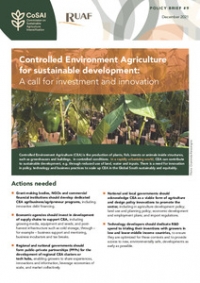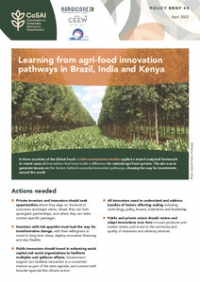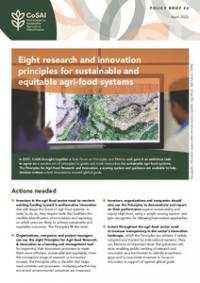This project will map out the economic and political drivers and rationales – as well as their (potential) impacts – that shape water governance in the Salween-Thanlwin-Nu River Basin. Its goal is to catalyze more inclusive, informed and accountable decision-making, in particular ensuring that the rights and entitlements of marginalized communities – both women and men – are recognized. At the centre of our analysis is consideration of difference, including gender and ethnicity, and how this both shapes and is shaped by water governance processes and practices at multiple scales. Shared between China, Myanmar and Thailand, the Salween-Thanlwin-Nu River supports the livelihoods of more than six million people. Rapid political transformations in Myanmar are redistributing power and access to resources and holds significant implications for the river basin’s development trajectory. Meanwhile, ongoing economic integration between Myanmar, Thailand and China – and more broadly in the Greater Mekong Subregion and ASEAN – is also shaping the river basin’s future. The basin is the target of more than 20 large dam projects as well as large-scale agricultural investment and increasingly the focus of international aid. These projects are being planned without comprehensive basin-wide assessment to date on ecosystem, local livelihoods, local systems of governance or an understanding of how these projects may have impacts within and among communities along gendered and ethnic lines. Despite the Salween River’s importance, limited water governance research has been undertaken to capture the different cultural, political, and socio-economic values generated by the Salween River and its adjacent basin ecosystems. Engaging at the interface of water, land, and ecosystems (e.g. agriculture, energy production), this project will undertake targeted and multi-scaled research for enhancing water governance in the Salween Basin, strengthen networks between university researchers and civil society groups, contribute to the empowerment of local communities, and support civil society engaging in formal and informal decision-making processes. The project will also support capacity building of the research partners, build local researcher and university networks across the Salween basin, and culminate in a major public conference in 2017. At the local level, grassroots researchers will document existing institutional arrangements for water governance in seven villages in China and Myanmar, including considering the roles and responsibilities of women and men. At the national and regional level, decision-making frameworks (e.g. institutions and policies) and (formal and informal) processes around water governance will be mapped and analysed. Grassroots researchers, university researchers, and civil society researchers will meet regularly in a process of presenting key research findings, receiving training, and strengthening collaboration. The project will produce local information materials on communities’ rights and entitlements, academic research papers, and policy briefs for governments and potential investors that aim towards ensuring inclusive, informed and accountable decision-making processes for local communities, with particular emphasis on how this differs along gender and ethnic lines.
menu


















